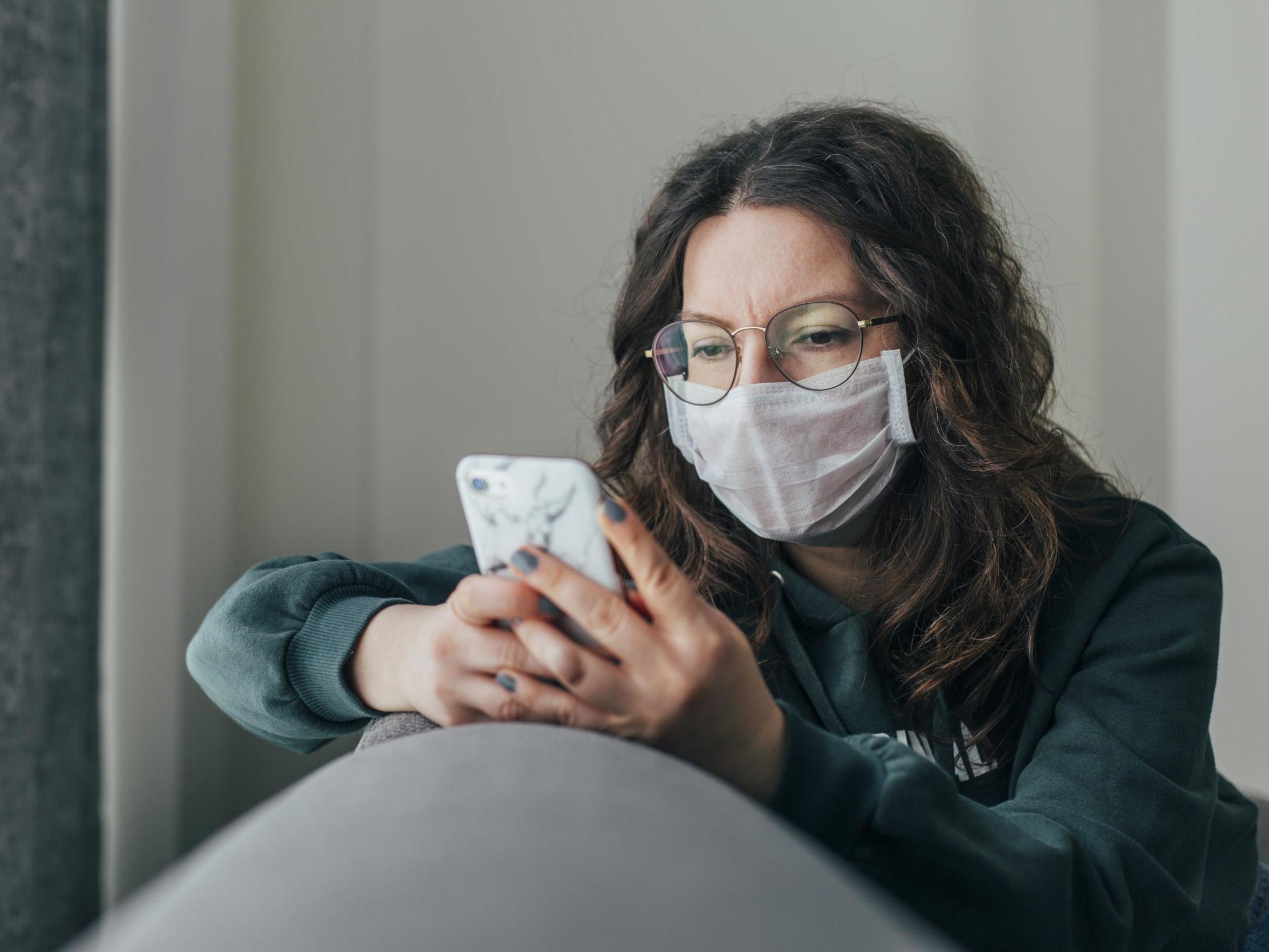Doctors call for research into Covid-19 blood clot risk for women on birth control
'The curious impact of this virus on [blood clots] emphasises the continuing need for additional research into coagulation pathology in women,' say the authors

Women who are pregnant, taking oestrogen birth control, or undergoing hormone replacement therapy (HRT), may be at higher risk of developing blood clots if they contract Covid-19, according to a new study from Boston University school of medicine.
Some types of birth control and pregnancy already make blood clots more common – the NHS says DVT (deep thein thrombosis) isn’t common in pregnancy, but women are more likely to develop DVT in pregnancy, or six weeks after, than non-pregnant women of the same age.
The NHS also says you are more at risk of a blood clot if you are using combined hormonal contraception such as the combined pill, contraceptive patch or vaginal ring.
And Covid-19 has already shown clotting events happening with a “troublesome frequency”, particularly in hospitalised coronavirus patients – one study found that 31 percent of ICU patients with Covid-19 had some "thrombotic [related to blood clotting] complications".
In fact coronavirus-related-clots are so common that some experts have suggested patients routinely be given heparin – a blood thinner – when admitted to hospital.
As a result, a paper published in the Endocrinology journal on Wednesday, has seen doctors call for more research to be done into the risk posed to groups of women, like those who are pregnant or those on oral oestrogen therapy for male-to-female transgender transition.
The authors say: “As more information emerges regarding the effects of SARS-CoV-2 on coagulation, questions arise as to whether infection...aggravates the risk of VTEs [DVT] and strokes associated with combined oral contraceptives and other oestrogen therapies as well as pregnancy-associated risks.”
This research will inform whether, for example, women should discontinue any medications they are taking in order to reduce any elevated risk of blood clots, should they catch Covid-19.
It uses the example of some patients being told to discontinue oestrogen-containing medication two weeks before planned activities like surgery or a long flight.
At the time of submission, the researchers say there are no reports of increased incidence of DVT in pregnant women or women taking oestrogen preparations who also have Covid-19. But because the development of blood clots can contribute to respiratory failure, it is important that this topic area is researched.
“Many uncertainties remain regarding the effects of both SARS-CoV-2 and oestrogen on coagulation,” it says. “The emergence of this pandemic and the curious impact of this virus on hypercoagulability emphasise the continuing need for additional research into coagulation pathology in women,” adding that there are “pressing questions” about this to be answered.
“We do not know how long the current pandemic will endure and can be reasonably certain that, like the H1N1 virus causing the 1918-1919 influenza pandemic, SARS-CoV-2 will return cyclically for years if not decades.”
The NHS says symptoms of blood clots include throbbing or cramping pain, swelling, redness and warmth in a leg or arm, sudden breathlessness, sharp chest pain (may be worse when you breathe in) and a cough or coughing up blood.
Blood clots are rare in young, healthy people. You’re more likely to get them if you are staying in or recently left hospital – especially if you can’t move around much (like after an operation), are overweight, smoke, are using combined hormonal contraception such as the combined pill, contraceptive patch or vaginal ring or have had a blood clot before.
Join our commenting forum
Join thought-provoking conversations, follow other Independent readers and see their replies
Comments
Bookmark popover
Removed from bookmarks